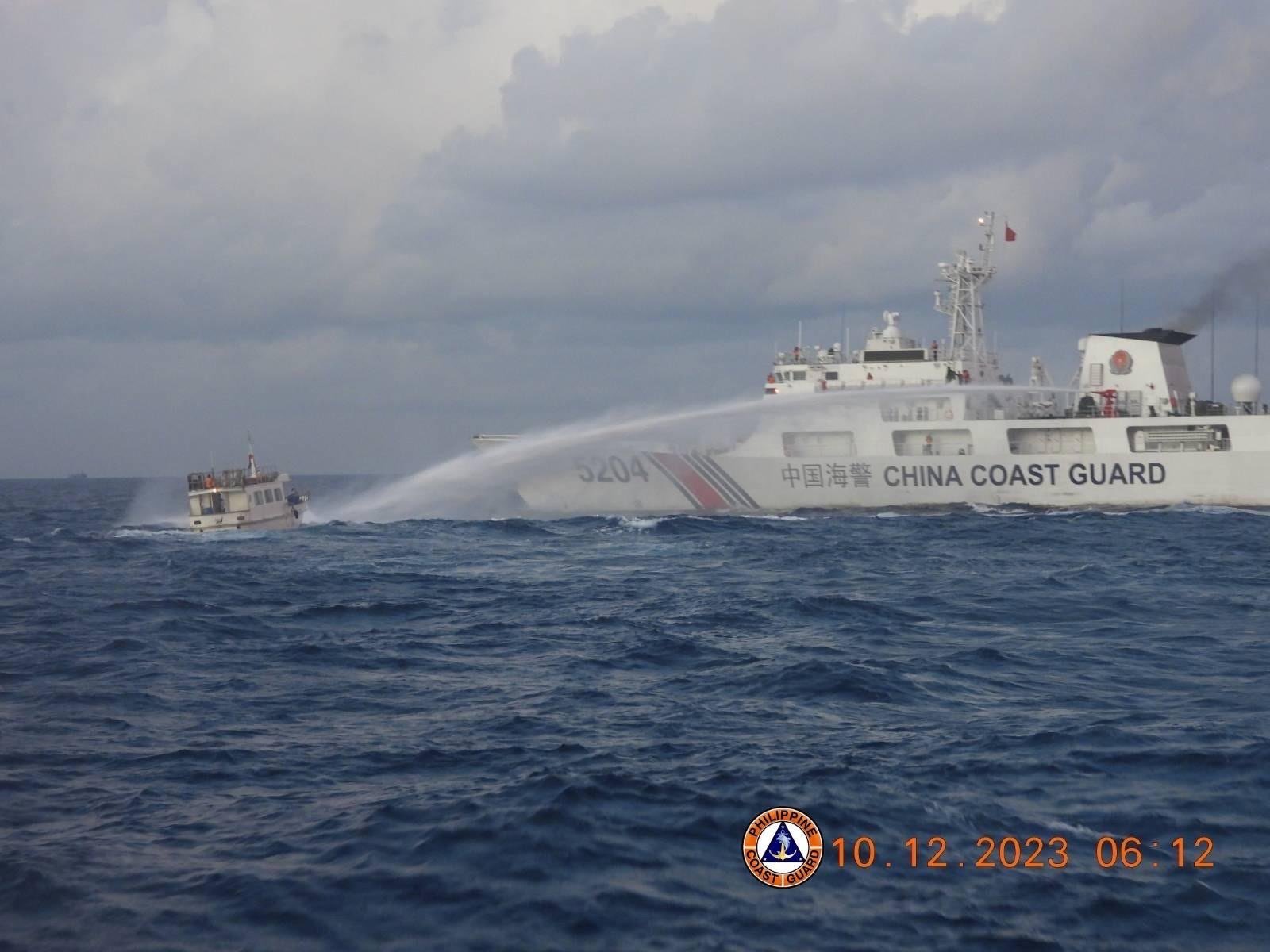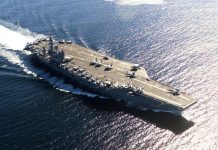In what seems to be an attempt by the Philippines to strengthen its position against its regional adversary China, the country intends to finalize an agreement with Japan in the first quarter of this year that would permit the deployment of military soldiers in each other’s country.
This announcement was made by Manila’s defense secretary Gilberto Teodoro on January 16 and has been seen as part of concerted efforts by the administration to fortify its ties with regional partners and other international allies like the United States and Canada, to counter Beijing’s expanding aggression in the region.
The Defense Secretary informed reporters on the sidelines of a cybersecurity symposium that the Philippines and Canada are also drafting a memorandum of understanding for further defense cooperation. Canada has also pitched to strengthen ties with the Philippines and is reportedly eyeing significant aid for Manila.
As for the defense pact with Japan, it is barely a surprise now, given that the two sides started negotiations for a reciprocal troop arrangement as far back as in November last year. This agreement is expected to streamline the procedures for Japan’s Self-Defense Forces and the Philippine military to deploy troops and equipment on each other’s soil.
“We look forward to this reciprocal access agreement between both our countries given the commitment of the Japanese government and the Philippine government to preserve the rules-based international order and international law,” Defense Secretary Gilberto Teodoro told a press briefing in November when the talks were in a nascent stage.
A Filipino National Security Council (NSC) official said his country intends to sign the Reciprocal Access Agreement (RAA) with Japan, some media reports stated on December 18. The trigger behind the anticipated defense cooperation agreement is the growing intimidation of their common adversary, China, in the Indo-Pacific state.
Moreover, both Tokyo and Manila are significant allies of Washington in the region, and there have been whispers on social media that the upcoming defense agreement between the two states has been backed up by officials sitting in the Pentagon. EurAsian Times, however, could not verify these claims.

The decision to court allies and shore up diplomatic and military support comes from a place of deep insecurity felt by Manila as China continues to assert rights over disputed territories. For one, Manila fears that China would invade the Second Thomas Shoal, a resource-rich waterway that acts as a primary shipping corridor in the disputed South China Sea.
The Chinese Coast Guard and Filipino vessels have clashed several times in the past few months while the latter were on missions to replenish their warship “Sierra Madre,” which was run aground decades ago and has since served as a Philippine military outpost in the disputed shoal.
Allies such as the United States have supported Manila amidst the escalating tensions. Going over and beyond all commitments, the United States has reaffirmed its unwavering support for the nation and promised to protect it from any possible Chinese assault.
However, since Japan is closer and the United States is farther away, developing a more intimate friendship with Tokyo makes sense. Moreover, China has emerged as a common adversary for both Manila and Tokyo, with the latter feeling the heat of Beijing’s aggression as it intimidates the self-ruled Taiwan.

China’s effort to seize Taiwan would put Japan’s security at risk because of its proximity to the island nation. The Philippines and Japan have been steadily enhancing their alliance. As previously reported by EurAsian Times, Japan intends to provide the Philippines with its first security cooperation grant as part of a new initiative designed to strengthen the defensive capabilities of neighbors.
In addition to providing equipment that promotes law-based security and peace, Tokyo will extend this new form of assistance to the militaries of countries whose collaboration is critical to Japan’s security.
Manila has also raised the stakes in the region with a string of recent decisions made by the Marcos administration, seen as a blatant provocation by the People’s Republic of China (PRC).
Philippines Wants To Develop Islands In SCS
Manila’s military chief, Romeo Brawner, told reporters on January 15 that the country would develop islands in the South China Sea that it believes to be part of its territory to make them more livable for troops.
The announcement of the plans coincides with heightened hostilities between China and the Philippines, who both assert territorial claims in the South China Sea and have exchanged allegations of belligerent behavior in the vital waterway.
Apart from the Second Thomas Shoal, referred to as Ayungin in the local dialect, the Philippines claims eight additional South China Sea features as part of its exclusive economic zone.
Following a military headquarters command meeting presided over by Philippine President Ferdinand Marcos Jr, Brawner said, “We’d like to improve all the nine, especially the islands we are occupying.”
Philippines to develop islands in South China Sea – Brawner https://t.co/W5yAkTfDkc
— Rappler (@rapplerdotcom) January 15, 2024
This includes the Thitu island, one of the most prominent and strategically located in the South China Sea. Locally referred to as Pag-asa, Thitu is located roughly 300 miles or 480 kilometers west of the province of Palawan in the Philippines.
He claimed that to bolster its claim to sovereignty, the military wished to provide a desalination machine for the soldiers on board the sunk warship Sierra Madre to make life easier for its troops stationed there. The country has also expressed willingness to repair the rusting warship, and the US has likely decided to join the effort.
According to Brawner, as the Philippines moves its emphasis from internal defense to territorial defense, more ships, radars, and planes will be acquired as part of the military’s modernization plans.
Responding to these measures, China has warned The Philippines of repercussions of what it calls “provocative” measures undertaken by Manila with support from its ally, the United States.
- Contact the author at sakshi.tiwari9555 (at) gmail.com
- Follow EurAsian Times on Google News




